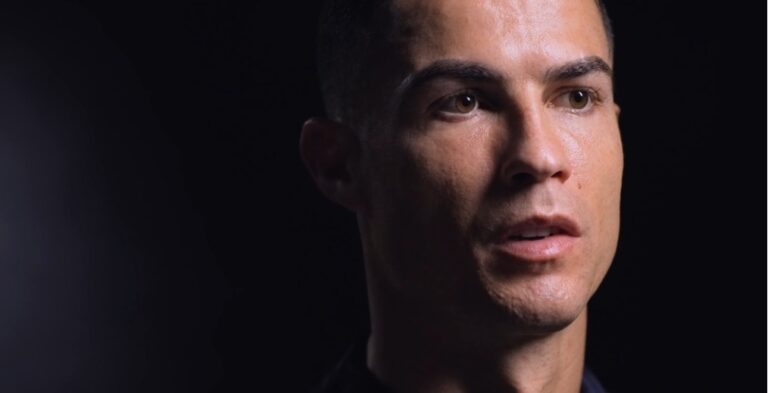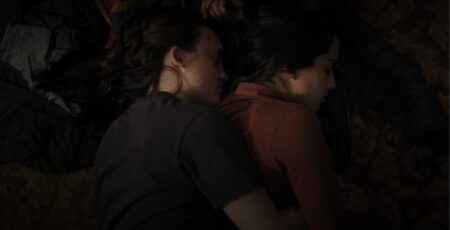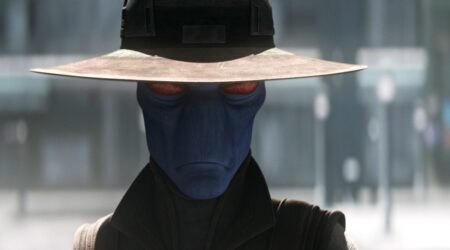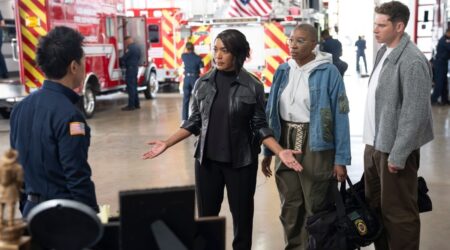Captains of The World is a sports documentary created by Netflix in association with Fifa+ and produced by Fulwell 73. The documentary covers the official series of the 2022 World Cup, following all of the teams from the group stages to the last kick of the final. The show focuses on the captains of the national teams, featuring names such as Lionel Messi, Christiano Ronaldo, Harry Kane, Hugo Lloris, and many others, as well as other important figures within football and football journalism. Captains of the World is a follow-up of the series Captains, which had a similar premise but different circumstances.
Following the timeline of the 2022 World Cup in Qatar, the six-episode limited series latches on to the individual stages of the tournament for its structure. But it is immediately apparent that the show has to be selective with the matches it chooses to feature. This is especially pertinent during the group stage, where all 32 teams battle for supremacy and access to the knockout stage. The pacing of each episode is exciting and satisfying, with anywhere between two and four matches an episode. Before settling into the match, there’s a lot of set-up and interviews with the captains and other related figures.
The majesty and the exhilarating feeling that World Cup matches seem to have over any other football game is fantastically captured and condensed within the episodes. Even a year later, these emotions from the biggest games all come flooding back, with many moments that could have easily been missed, even for avid football fans who watched every moment. The interviews are revealing, but less than the dressing room cameras, which pick up the emotional and intense conversations between the elite athletes.
While brilliantly paced there needed to be more episodes, especially in the beginning stages. It becomes less of the an issue later in the series with the final having a whole chapter to itself. But there are swathes of the tournament that aren’t even touched upon, including the opening match as well as significant moments that are buried in a few shots or not shown at all. The series is aided by the phenomnal, dressing room scenes with the filmmakers highlighting stories and conversations that deserve time. The pacing allows for a footballer to speak without being interrupted or taken out of context.
It isn’t just the tournament itself that gets the spotlight. The history of the tournament as well as the biggest teams help explain why the games matter, especially for the more expectant nations. Sides such as Brazil, France and Argentina all come to the World Cup with a feral ferocity to win it. Not just that, but detail is given to the national legends that have passed away and paved the way for the journey to greatness for many of the national teams.
The most famous examples, Diego Maradona and Pelé, are obvious choices, but real cult heroes among the smaller sides show a level of respect from the filmmakers. The death of Gary Speed, former Wales player and manager, was a real tragedy within the sport, and there is a beautiful tribute to Papa Bouba Diop by Senegalese captain Kalidour Koulibaly. Both of them have huge impacts on the legacy of their respective teams. Using the voices of those who knew them gives each clip passion.
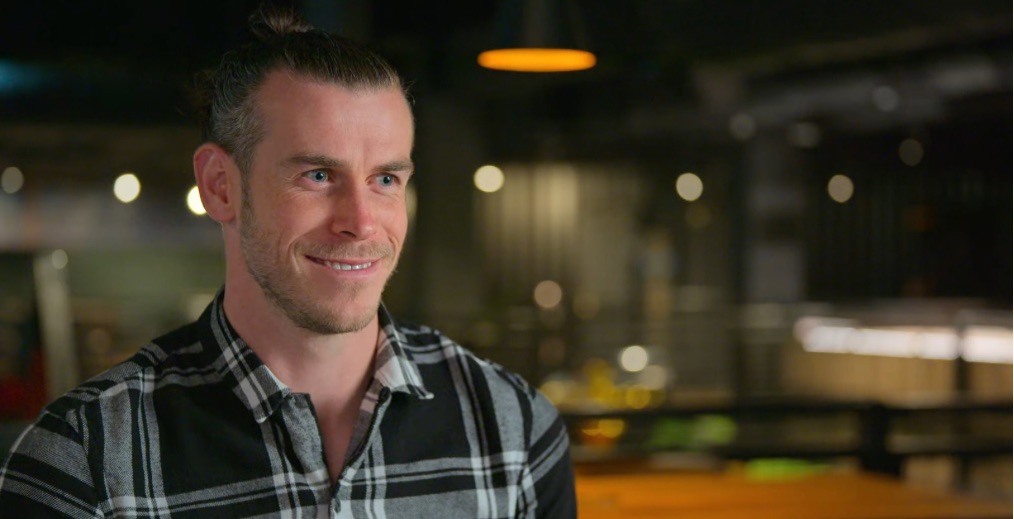
Some of the biggest names in football history make an appearance in Captains of the World. At the forefront of that are Messi and Ronaldo, inarguably the greatest players of the last 20 years and perhaps of all time. The insight given to their mentality and their experiences is fascinating. Messi is very private and rarely gives interviews, making it a considerable surprise to see how much he’s included in the series. The series, whilst being inclusive, starts to observe Messi more by the final episodes, as it becomes clear that his destiny could be fulfilled. The show doesn’t necessarily pick sides to create heroes but it uplifts those that are in the spotlight.
Similarly, Thiago Silva, who wears the armband for Brazil, has a large part of the first episode to himself, to talk about his remarkable childhood and journey to greathood. It’s clear that many of most important players were selected before the tournament began in earnest, with the notion that they could be followed deep into the contest. That planning works until some major shocks and this World Cup featured more surprises than perhaps any other. The concept of the series which highlights the captains is a fantastic one, using the one figurehead as a means to explore the whole team. Others are often brought in to talk about their rivals and fellow leaders in the game, highlighting the.
Leading journalists and presenters are often used for wider context or to elaborate on a part of the competition or country in a better way than the players could themselves. The series is predominantly in English, but each contributor is given the freedom to speak in their own language, rather than rely on solely English translations. It was really fun hearing those languages and voices of figures that even after watching for years, I’ve never really listened to.
Despite it’s advertising that the docuseries offers “exclusive access to all 32 teams,” the series doesn’t quite succeed on that front. There is a broad range of teams included, and that must be commended, but there are also several that are never seen. Qatar doesn’t appear, despite being the home nation. Neither do Canada, Costa Rica, Belgium, Serbia, Tunisia and others. Some big nations are given tiny sections, often at the wrong point in time. Massive captains, like Luka Modric, are barely shown, and he is one of the all-time greats. Virgil Van Dijk and the Netherlands could be considered disappointed, as could Harry Kane and England. For the latter, it splits away from just an interview Kane and spreads across the whole group. Whilst inoffensive, it’s not what the rest of countries are given, and it’s squeezed within a single segment.
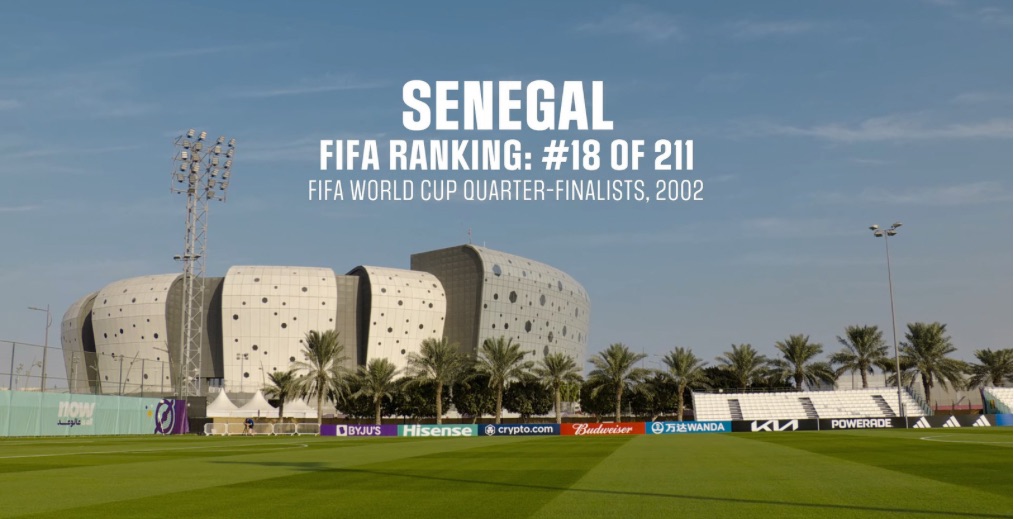
Football documentaries that have encircled the Qatar World Cup, as well as other pertinent political issues, have often struggled to discuss it and some of the controversy surrounding it. Captains of the World may have the worst attempt at the conversation yet. It’s painfully short for one, before being brushed under the carpet and never brought up again. Plus, because it’s linked with Denmark, due to how the nation’s football federation and shirt sponsors reacted, it is presented solely as something the Danes reacted to and not a worldwide resentment towards the human rights issues and the treatment of migrant workers whilst building the stadiums the football took place in.
Whilst this was a documentary series about football, there were better methods to address the political elephant in the room. In contrast, how the show treats the Iranian national team and their response to the horrific situation that was happening as they were playing was much better. It openly and honestly exposes the systematic murder of women protesting in the nation, and the danger the players could be in for their own statement.
The editing is world-class, with some of the best recreation and montages of football matches. There is an abundance of camera angles that look individual from the broadcast cameras. These allow for up close and personal shots of the footballers at their best and worst moments, and the movements are extremely fluid. For the big games, it isn’t just the goals that are important. The speed of the players, the crunching tackles, and the battles all across the pitch are beautifully captured.
The music is superb and ramps up the intensity of each situation. The immediate aftermath of the results, in the tunnels of the stadiums or in the streets, keeps the emotions stirring beyond the pitch itself. Using the official match commentary means that most of the games are narrated by Peter Drury. Unknown to those outside of the sport, Drury is considered to be a poet, one of the best modern commentators. He has an instantly recognisable voice and vocabulary that can send chills down the spine.
Captains of the World causes its own problems. Due to how brilliant most of the episodes are, it is the absence of others that hurts so much. The editing is terrific and the interviews are as in-depth and as star-studded as it gets. And spending time with each individual football team isn’t entirely realistic or feasible. The possible content could have led to 32 episodes within the series. But six is far too short. It can cause some pieces to be rushed and others to be omitted entirely.
Ten episodes would provide more space, even eight. The key moments are relived and amazingly explored and it’s a very inviting show for those new or inexperienced when it comes to these players and their personalities. The filmmakers are clearly fantastic, some of the best in the genre. But it must be soul-crushing to be a fan from a nation that attended the World Cup, only for them to be underrepresented completely in the official documentary.
Captains of the World is streaming now on Netflix.
Captains of the World
-
Rating - 7/107/10
TL;DR
Captains of the World causes its own problems. The filmmakers are clearly fantastic, some of the best in the genre. But it must be soul-crushing to be a fan from a nation that attended the World Cup, only for them to be underrepresented completely in the official documentary.

